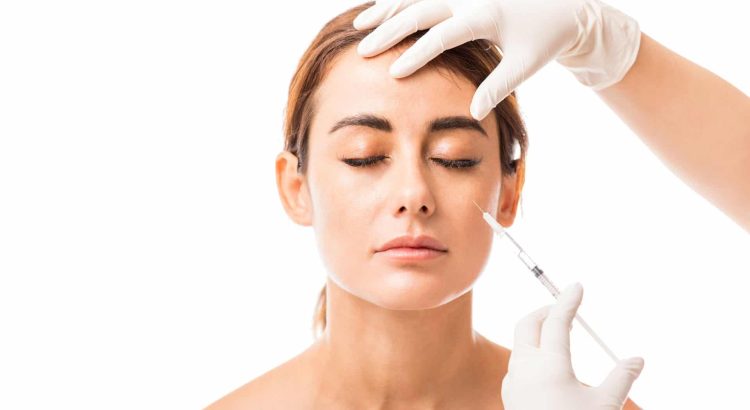Contents;
What Is Botox Treatment?
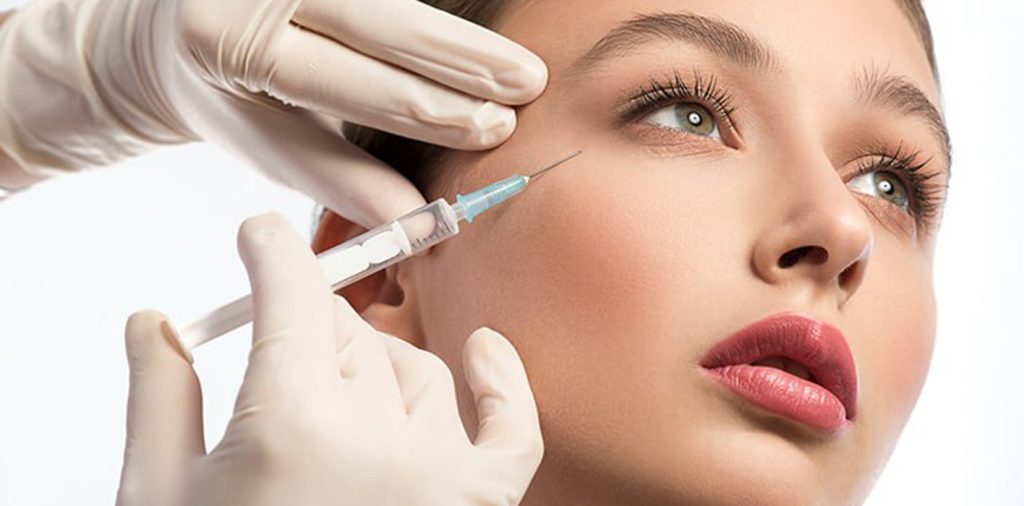
Botox treatment is a popular cosmetic procedure that is used to reduce the appearance of fine lines and wrinkles on the face. Botox is actually a brand name for botulinum toxin, a neurotoxin produced by the bacterium Clostridium botulinum. It is injected into specific muscles in order to temporarily paralyze or weaken them, which helps to smooth out wrinkles and give the face a more youthful appearance.
There are various areas on the face where Botox can be used to treat wrinkles. Some of the most common areas include the forehead, the area between the eyebrows (also known as the glabella), and the crow’s feet around the eyes. Botox can also be used to lift the eyebrows and smooth out the lines around the mouth and chin.
One of the main benefits of Botox treatment is that it is a non-surgical procedure. This means that there is no need for incisions or general anesthesia, making it a relatively quick and low-risk procedure. The effects of Botox usually last for around three to six months, after which the treatment needs to be repeated in order to maintain the desired results.
How Does Botox Work?
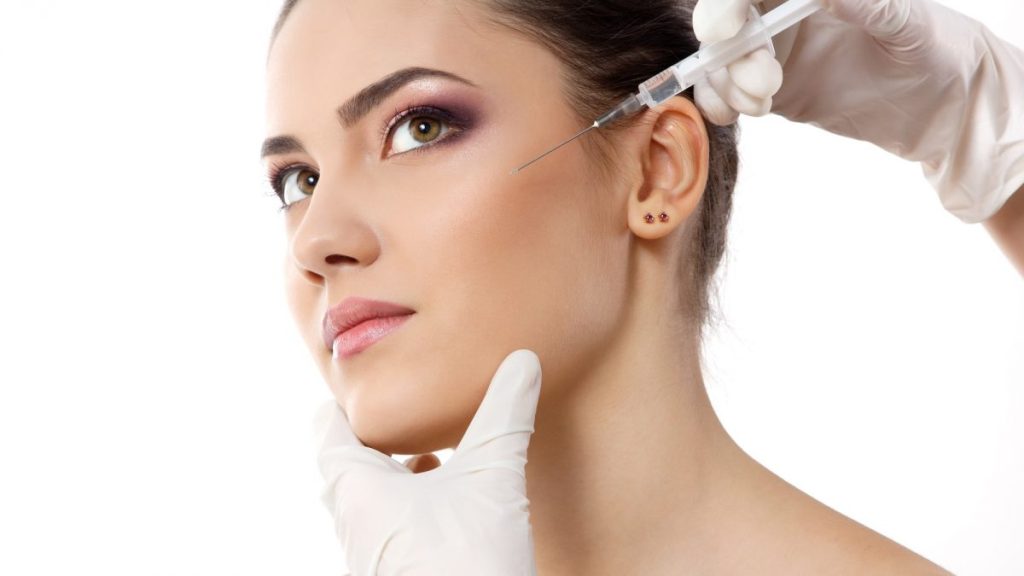
Botox is a popular cosmetic procedure that is used to reduce the appearance of wrinkles and fine lines on the face. But have you ever wondered how exactly Botox works? In this blog post, we will delve into the science behind this treatment and explain the process of how Botox works its magic.
When Botox is injected into the skin, it targets the muscles that are causing wrinkles and frown lines. The main active ingredient in Botox is botulinum toxin, which acts as a neurotoxin to temporarily paralyze these muscles. This paralysis prevents the muscles from contracting, which in turn helps to smooth out the wrinkles and lines.
Once injected, it takes a few days for the Botox to take full effect. The botulinum toxin blocks the release of acetylcholine, a neurotransmitter that signals the muscles to contract. As a result, the muscles in the treated area become temporarily relaxed and unable to create creases on the skin.
Here are a few key points about how Botox works:
| 1. | Targeting specific muscles: Botox targets the specific muscles that are responsible for causing wrinkles. |
| 2. | Paralyzing the muscles: The botulinum toxin in Botox temporarily paralyzes the targeted muscles, preventing them from contracting. |
| 3. | Smoothing out wrinkles: By relaxing the muscles, Botox helps to smooth out wrinkles and fine lines, giving the skin a more youthful appearance. |
It is important to note that Botox is not a permanent solution for wrinkles. The effects of the treatment typically last for three to six months, after which the muscles gradually regain their ability to contract. Therefore, repeat injections are required to maintain the desired results.
Overall, Botox works by temporarily paralyzing the muscles that cause wrinkles, helping to smooth out the skin and reduce the signs of aging. It is a minimally invasive procedure that is commonly used for cosmetic purposes, and its effectiveness has made it one of the most popular anti-aging treatments available today.
Areas Botox Can Treat
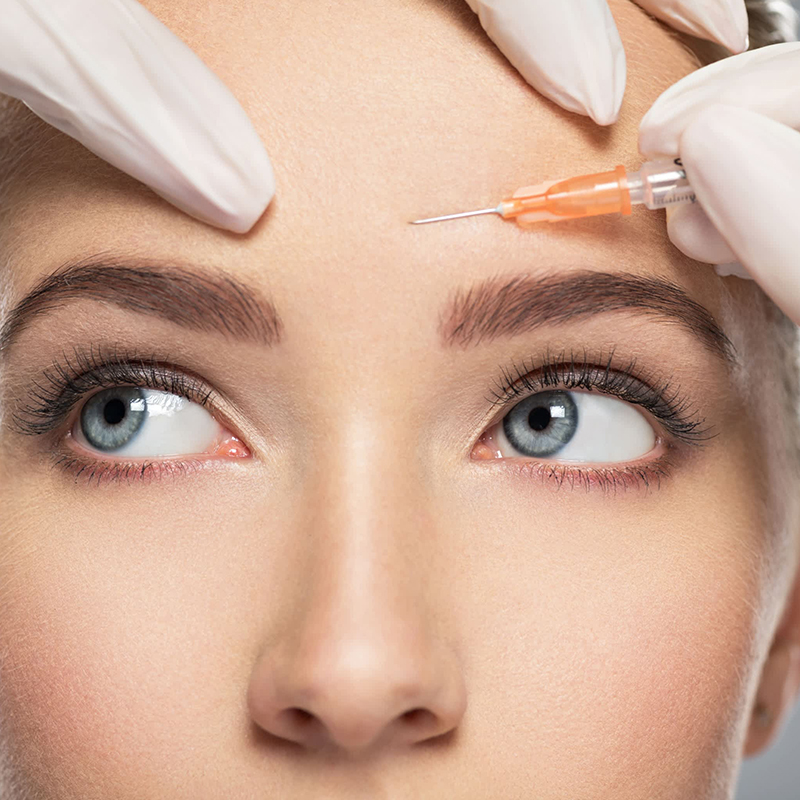
Botox treatment is a popular cosmetic procedure that can effectively target and treat various areas of the face and body. This injectable treatment utilizes a neurotoxin called botulinum toxin to temporarily relax the muscles and smooth out wrinkles, lines, and other signs of aging. Botox has been approved by the FDA for several medical and cosmetic uses, making it a versatile option for individuals looking to enhance their appearance.
One of the primary areas that Botox can treat is the forehead and frown lines. These lines, often caused by years of repetitive facial expressions, can make an individual appear older or even angry. By injecting Botox into the muscles responsible for these lines, the treatment can significantly reduce their appearance and provide a more youthful and relaxed look.
Another common area where Botox can work its magic is around the eyes. Crow’s feet, the lines that form at the outer corners of the eyes when we smile or squint, can be effectively treated with Botox injections. By targeting the muscles responsible for these lines, Botox can smooth out the skin and create a more refreshed and youthful appearance.
- Botox is also known for its ability to treat vertical lip lines, often referred to as smoker’s lines. These lines can appear even in individuals who have never smoked and can be bothersome for many people. By injecting Botox into the muscles around the mouth, these lines can be softened and reduced, ultimately improving the overall appearance of the lips and surrounding area.
Additionally, Botox can be used to treat the platysma bands in the neck. These bands are muscle bands that become more prominent as we age, contributing to the appearance of a “turkey neck” or sagging skin in the neck area. By injecting Botox into these bands, the muscles can be weakened and the skin tightened, resulting in a more youthful and defined neckline.
- Botox can even be used to treat excessive sweating, also known as hyperhidrosis. This condition can be distressing for individuals who experience it, causing embarrassment and discomfort in social situations. By injecting Botox into the sweat glands, the treatment can effectively block the release of the chemical that stimulates sweat production, reducing excessive sweating and restoring confidence.
It is important to note that Botox should only be administered by a qualified and experienced medical professional. Choosing the right Botox provider is crucial to ensure safe and effective treatment. Always consult with a licensed healthcare provider who specializes in cosmetic procedures to determine if Botox is the right option for you and to discuss the areas you would like to target.
| Benefits | Potential Side Effects | |
|---|---|---|
| Forehead and frown lines | Smooths out wrinkles and lines | Temporary bruising or mild discomfort |
| Around the eyes (crow’s feet) | Creates a more youthful appearance | Temporary drooping of eyelids |
| Vertical lip lines | Reduces the appearance of smoker’s lines | Temporary swelling or bruising |
| Platysma bands in the neck | Tightens and defines the neckline | Temporary weakness or stiffness in the neck |
| Excessive sweating (hyperhidrosis) | Reduces sweat production | Temporary redness or itching at injection sites |
Benefits Of Botox Treatment
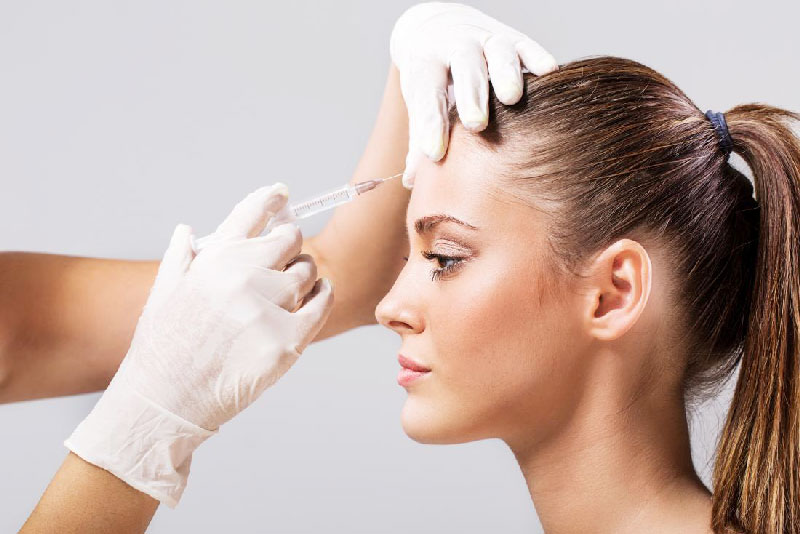
Botox treatment, also known as botulinum toxin therapy, has gained significant popularity in recent years as a non-surgical cosmetic procedure. It involves injecting a diluted form of the toxin into specific muscles to temporarily paralyze them, thereby reducing the appearance of wrinkles and fine lines. While Botox is primarily used for aesthetic purposes, it also offers several other benefits that go beyond just improving one’s physical appearance.
One of the key advantages of Botox treatment is its ability to provide a youthful and refreshed appearance. By targeting and relaxing the muscles responsible for wrinkles and creases, Botox can effectively smoothen the skin and soften the signs of aging. This can boost an individual’s self-confidence and improve their overall well-being.
Another benefit of Botox treatment is its versatility in treating various medical conditions. Botox has been approved by the FDA for treating chronic migraines, excessive sweating (hyperhidrosis), overactive bladder, and even certain eye muscle disorders. The use of Botox as a therapeutic agent has opened up new possibilities and improved the quality of life for many individuals suffering from these conditions.
- Botox treatment has demonstrated promising results in managing muscle spasms and involuntary contractions. It is often used to alleviate symptoms associated with cervical dystonia (a condition causing neck and shoulder muscle spasms), blepharospasm (involuntary eyelid twitching), and even spasticity in people with cerebral palsy.
- Additionally, Botox treatment can help individuals with an overactive bladder regain control and reduce their frequent and urgent need to urinate. By injecting Botox into the bladder muscles, the treatment can decrease muscle contractions, increase bladder capacity, and relieve symptoms such as urinary urgency and incontinence.
- Not only does Botox offer these various benefits, but it also provides quick and noticeable results. The effects of the treatment typically become visible within a few days, with maximum results observed after about two weeks. The convenience and minimal downtime associated with Botox make it an appealing option for those seeking fast and effective solutions to their cosmetic concerns or medical conditions.
| Advantages of Botox Treatment: |
|---|
| 1. Youthful and refreshed appearance |
| 2. Versatile in treating various medical conditions (chronic migraines, hyperhidrosis, etc.) |
| 3. Management of muscle spasms and involuntary contractions (cervical dystonia, blepharospasm, etc.) |
| 4. Improvement of overactive bladder symptoms |
| 5. Quick and noticeable results |
In conclusion, Botox treatment offers numerous benefits beyond its primary purpose of reducing wrinkles and fine lines. From enhancing one’s physical appearance to providing relief for medical conditions, Botox has proven to be a versatile and effective solution. However, it is important to always consult with a qualified and experienced professional when considering Botox treatment to ensure the best possible results and minimize potential risks.
Potential Side Effects Of Botox
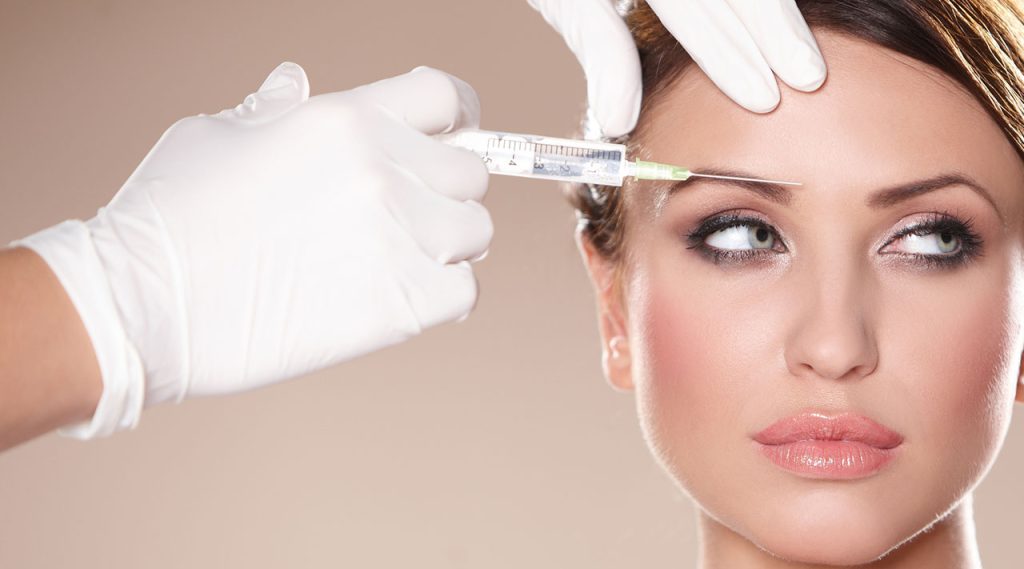
When it comes to cosmetic procedures, Botox treatment is one of the most popular options. It is a non-invasive procedure that helps to reduce the appearance of wrinkles and fine lines. However, like any medical treatment, Botox comes with its own set of potential side effects. It is important to be aware of these side effects before deciding to undergo the treatment.
1. Muscle weakness: One of the potential side effects of Botox treatment is muscle weakness. This occurs when the injected toxin temporarily paralyzes the muscles in the treated area. While this paralysis is intended to reduce the appearance of wrinkles, it can also cause temporary weakness in the surrounding muscles.
2. Bruising and swelling: Bruising and swelling are common side effects of Botox treatment. The injection itself can cause some trauma to the skin, resulting in bruising and swelling in the treated area. This is usually temporary and resolves on its own within a few days or weeks.
3. Headaches: Headaches are another potential side effect of Botox treatment. Some individuals may experience mild to moderate headaches after receiving Botox injections. These headaches usually subside within a few hours or days.
4. Flu-like symptoms: In some cases, individuals may experience flu-like symptoms after Botox treatment. These symptoms can include fever, fatigue, and body aches. While these symptoms are generally mild and short-lived, it is important to monitor them and consult a healthcare professional if they persist or worsen.
5. Allergic reactions: Although rare, allergic reactions to Botox can occur. These reactions can range from mild irritation at the injection site to more severe reactions such as difficulty breathing and swelling of the face or throat. If you experience any signs of an allergic reaction, it is crucial to seek immediate medical attention.
In conclusion, while Botox treatment can provide excellent results in reducing the signs of aging, it is important to be aware of the potential side effects. Muscle weakness, bruising and swelling, headaches, flu-like symptoms, and allergic reactions are among the possible side effects of Botox. It is essential to discuss these risks with a qualified healthcare professional before undergoing the treatment.
Botox Vs. Other Anti-Aging Treatments
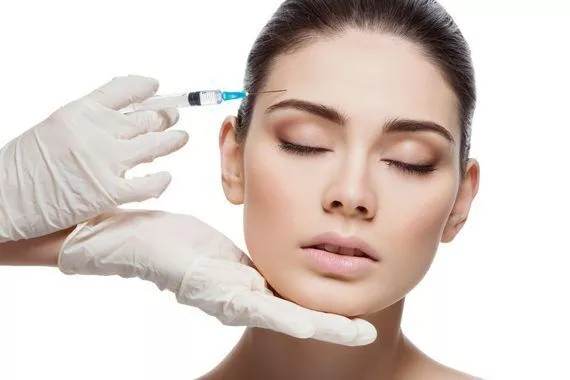
Botox vs. Other Anti-Aging Treatments
When it comes to seeking a solution for aging skin and reducing the appearance of wrinkles, there are numerous options available in the market. However, two of the most well-known and widely used treatments are Botox and other anti-aging treatments. In this blog post, we will explore the key differences between Botox and other anti-aging treatments and help you understand which approach might be suitable for your needs.
Botox Treatment:
Botox is a non-surgical cosmetic procedure that involves injecting small amounts of botulinum toxin into specific muscles of the face. This toxin works by temporarily paralyzing the muscles, preventing them from contracting and causing wrinkles to appear. Botox is most commonly used to treat dynamic wrinkles, such as crow’s feet around the eyes, forehead lines, and frown lines between the eyebrows.
Other Anti-Aging Treatments:
1. Dermal Fillers: Dermal fillers are another popular choice for treating wrinkles and restoring facial volume. Unlike Botox, which temporarily immobilizes muscles, dermal fillers work by adding volume beneath the skin, smoothing out wrinkles, and promoting a more youthful appearance. They are commonly used to plump up deep wrinkles and fill in areas that have lost volume, such as the cheeks and lips.
2. Chemical Peels: Chemical peels involve applying a solution to the skin that removes the outer layers, revealing fresh and rejuvenated skin. This treatment can help reduce fine lines, wrinkles, and age spots, improving the overall texture and tone of the skin. Chemical peels can be customized to different depths, ranging from mild to deep, depending on the desired results.
3. Laser Resurfacing: Laser resurfacing is a non-invasive procedure that uses laser technology to improve the quality and appearance of the skin. It works by removing damaged outer layers of the skin and stimulating the production of collagen, a protein that gives the skin its elasticity. Laser resurfacing can effectively reduce wrinkles, tighten sagging skin, and improve skin tone and texture.
Benefits of Botox:
Botox offers several advantages over other anti-aging treatments. Firstly, it is a quick and relatively painless procedure that requires no downtime, allowing individuals to resume their daily activities immediately. Additionally, Botox delivers fast results, with noticeable improvements in as little as a few days. The effects of Botox typically last for three to six months, depending on the individual.
Choosing the Right Treatment:
When choosing between Botox and other anti-aging treatments, it is essential to consider your specific concerns and goals. Botox may be the ideal choice if you wish to target dynamic wrinkles caused by muscle movement. On the other hand, dermal fillers, chemical peels, and laser resurfacing are better suited for addressing different types of wrinkles, restoring volume, and improving overall skin quality.
In conclusion, both Botox and other anti-aging treatments have their own unique advantages and applications. Consulting with a qualified medical professional or dermatologist will help you determine the best treatment option for your individual needs, ensuring you achieve the desired results and maintain a youthful appearance.
Choosing The Right Botox Provider
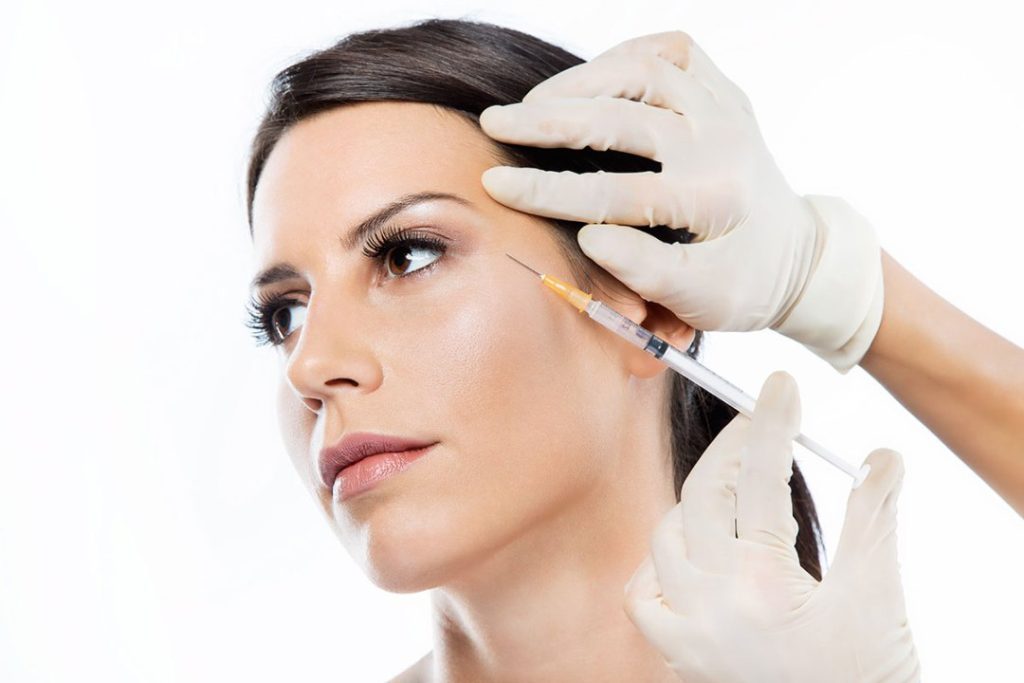
When it comes to getting a Botox treatment, choosing the right provider is crucial. Botox is a neurotoxin that is injected into the muscles to temporarily reduce the appearance of wrinkles and fine lines. It is important to find a qualified and experienced provider who can administer the treatment safely and effectively.
1. Credentials and Experience: One of the first things to consider when choosing a Botox provider is their credentials and experience. Look for providers who are licensed medical professionals, such as dermatologists or plastic surgeons. These professionals have the necessary knowledge and expertise to administer Botox injections correctly.
2. Reputation and Reviews: Before making a decision, it is important to research the provider’s reputation and read reviews from previous patients. Look for testimonials or feedback regarding their skill, professionalism, and safety practices. A reputable provider will have positive reviews and a track record of satisfied patients.
3. Consultation and Communication: A good Botox provider will offer a consultation to discuss your concerns and expectations. During this consultation, they should explain the procedure, potential risks, and realistic outcomes. Pay attention to how well the provider listens to your concerns and addresses them. Effective communication is essential for a successful Botox treatment.
4. Clean and Safe Environment: When visiting a Botox provider, take note of the cleanliness and safety of their facility. Ensure that they follow proper hygiene practices and maintain a sterile environment. This will help minimize the risk of infection and ensure your safety during the treatment.
5. Customized Treatment Plan: Each individual’s needs and goals are different when it comes to Botox. A reliable provider will take the time to understand your specific concerns and develop a personalized treatment plan. They should explain which areas can be treated with Botox and set realistic expectations regarding the results.
6. Ongoing Training and Education: The field of aesthetic medicine is constantly evolving, and new techniques and advancements are being introduced regularly. A reputable Botox provider will stay updated with the latest trends and undergo ongoing training and education to ensure they are providing the best possible care to their patients.
Choosing the right Botox provider is a decision that should not be taken lightly. By considering their credentials, reputation, communication skills, facility hygiene, personalized approach, and commitment to ongoing education, you can ensure a safe and satisfactory Botox treatment. Remember to always consult with a medical professional to determine if Botox is the right option for you and to discuss any potential risks or concerns.
Butt Aesthetics Brazilian Butt Lift Details
What Is Blepharoplasty Procedure?
What Is a Eyebrow Lift? Types, Benefits, Risks
Abdominoplasty Surgery Details
